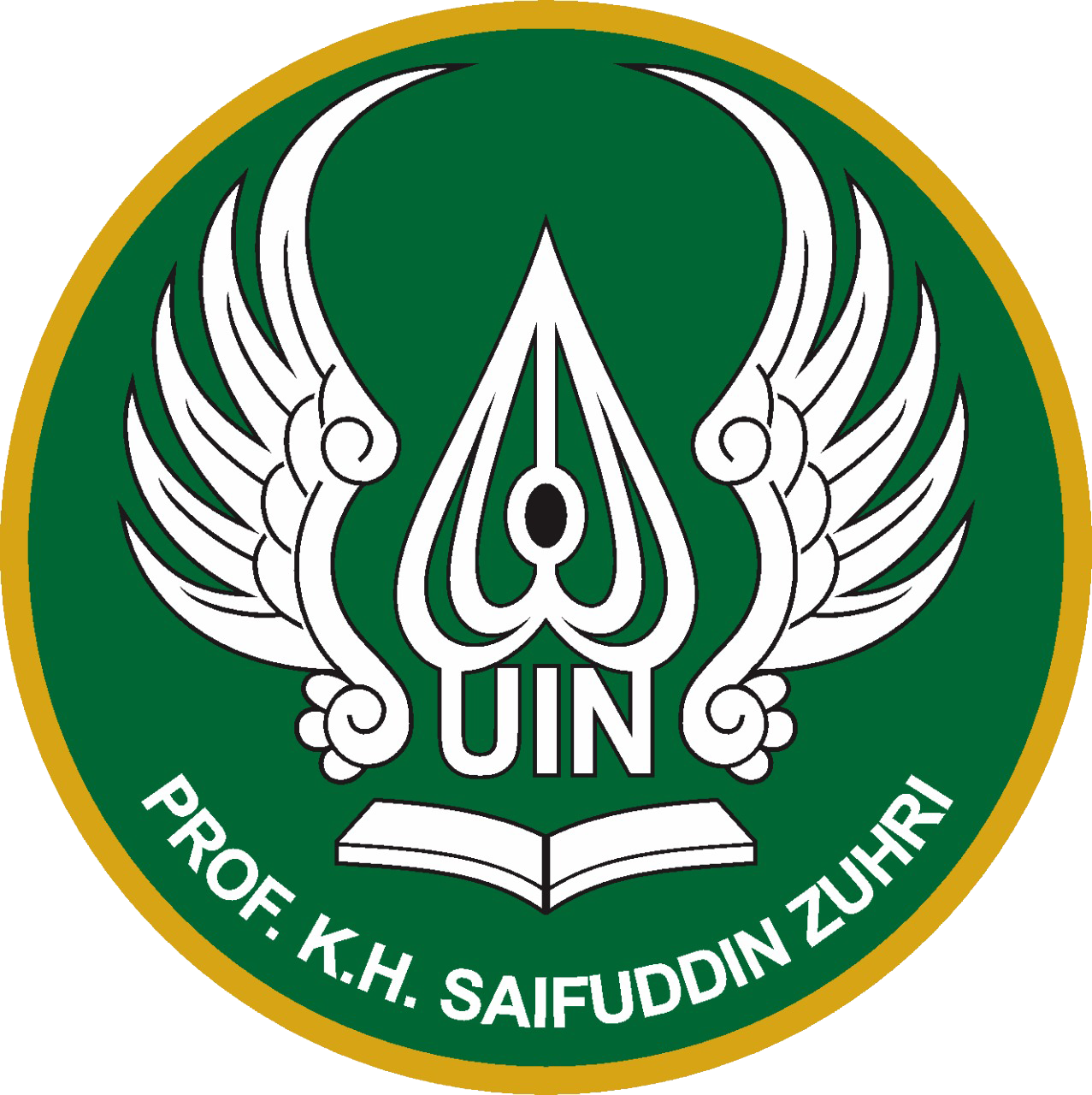Islam Lokal, Diskriminasi dan Representasinya dalam Dunia Digital
DOI:
https://doi.org/10.24090/jpa.v22i2.2021.pp261-278Keywords:
Mayoritas, Minoritas, Diskriminasi, Islam Lokasl, Dunia DigitalAbstract
Common discrimination is done by the majority Group against minorities. The majority group with the number and composition of more members feels the authority in a certain field so that they claim to do an action directed to the minority. The authority is constructed with a predominantly-minority dichotomistic mechanism aimed at maintaining power through the practice of domination. Minority groups will be difficult out of the practice of domination because of the available space in a dichotomist mechanism only exchanges positions. For minority groups, the exchange of positions is impossible because it uses quantity logic where the opportunity has been closed with a series of liberalization and bad stereotypes for example with distorted, perverted, and nyeleneh terminology. Local Islam has a relatively similar position to other minority groups. He was subjected to discrimination from the dominant group commonly portrayed by the mainstream community and religious institutions that identified as the majority. The social space that may be enabled to publish institutions and activities is limited so the information available is inadequate. The continuing implications are misunderstandings or even justifications that encourage collective discrimination. This situation became difficult for local Islamist groups who eventually chose to be passive, stagnant, and without a vast activity. The presence of the digital world changes the configuration of relations between local Islamist groups and external parties as well as shifting the base of authority to the base of discriminatory actions. This article will answer 2 (two) main questions of the first local Islamic response as a minority group against the proliferation of digital media that offers a new world that is more open and egalitarian. The social connection in this new world is formed not by an authority that is based on a majority-minority but technically-technologically dichotomistic mechanism. Second, the Solutive Digital world bid for local Islamist groups to parse the issue of sub domination. Social existence as an anti-thesis discrimination treatment is built with the basic principles of fast-paced, economical, and accessible digital media which it can only be met with productivity generating information up to date. Keywords: majority, minority, discrimination, local Islam, digital world.References
Ahmad Muttaqin, Varian Islam dalam Masyarakat Jawa Banyumasan, P3M STAIN Purwokerto, 2016.
F. Budi Hardiman, Demokrasi Deliberatif, Menimbang Negara Huku dan Ruang Publik dalam Teori Diskursus Jurgen Habermas, Yogyakarta: Kanisius, 2009.
Haryatmoko, Dominasi penuh Muslihat, Akar Kekerasan dan Diskriminasi, Jakarta: Gramedia, 2013.
James A. Caporaso and David P. Levine, Theories of Political Economy, Cambridge: Cambridge University Press, 1992.
James Zou and Londa Schiebinger, Design AI so that it’s Fair. https://www.nature.com/articles/d41586-018-05707-8.
Jean Baudrillard, Simulacra and Simulation, Michigan, The University of Michigan Press, 1994.
John Weiss, Industry in Developing Countries, Theory, Policy, and Evidence, London: Routledge, 1988.
Lembaga Kajian dan Pengembangan Sumberdaya Manusia (Lakpesdam) NU Cilacap dan The Asia Foundation, Laporan Program Peduli Eksklusi Sosial terhadap Penghayat Kepercayaan tahun 2016.
Michel Foucault, Power Knowledge, Selected Interviews and Other Writings, 1972-1977, New York, Phantoen Book, 1972.
Pauline Hope Cheong, Tweet the Message? Religious Authority and Social Media Innovation, Journal of Religion, Digital & Media Culture, Volume 3, Issue 3 Desember 2014.
Peter L. Berger dan Thomas Luckman, The Social Construction of Reality, A Treatise of The Sociology of Knowledge, London: Penguin Book, 1991.
Pierre Bourdieu, In Other Words, Essays Toward a Reflexive Sociology, Cambridge: Polity Press, 1994.
Rhenald Kasali, Self Disruption, Jakarta: Mizan, 2018.
Rohmani Nur Indah, Netizen Rhetoric on Indonesian Issues in Social Media, dalam Promoting Literacy in Digital Age, Yogyakarta: Aditya Media, 2017.
Thomas Reuter, Globalisation and Local Identities; The Rise of New Ethnic and Religious Movement in Post-Soeharto Indonesia, Asian Journal of Social Science, Vol. 37, No. 6, 2009.
Yasraf Amir Piliang, Sebuah Dunia yang Dilipat, Realitas Kebudayaan menjelang Milenium Ketiga dan Matinya Posmodernisme, Bandung: Mizan, 1998.
Downloads
Published
How to Cite
Issue
Section
License
Copyright (c) 2021 Ahmad Muttaqin

This work is licensed under a Creative Commons Attribution-NonCommercial-ShareAlike 4.0 International License.
Authors who publish with this journal agree to the following terms:
- Authors retain copyright and grant the journal right of first publication with the work simultaneously licensed under a Creative Commons Attribution-NonCommercial-ShareAlike 4.0 International License that allows others to share the work with an acknowledgement of the work's authorship and initial publication in this journal.
- Authors are able to enter into separate, additional contractual arrangements for the non-exclusive distribution of the journal's published version of the work (e.g., post it to an institutional repository or publish it in a book), with an acknowledgement of its initial publication in this journal.
- Authors are permitted and encouraged to post their work online (e.g., in institutional repositories or on their website) prior to and during the submission process, as it can lead to productive exchanges, as well as earlier and greater citation of published work (See The Effect of Open Access).








